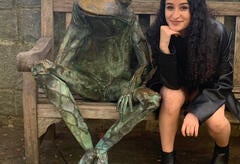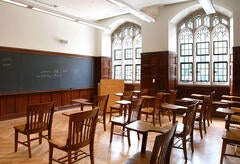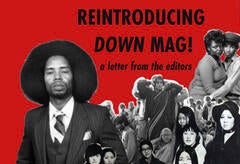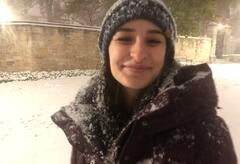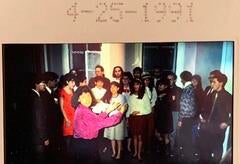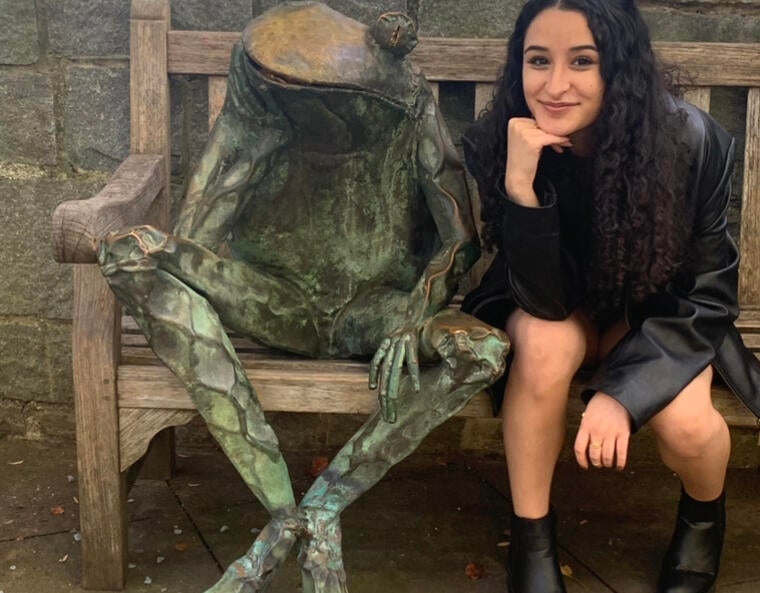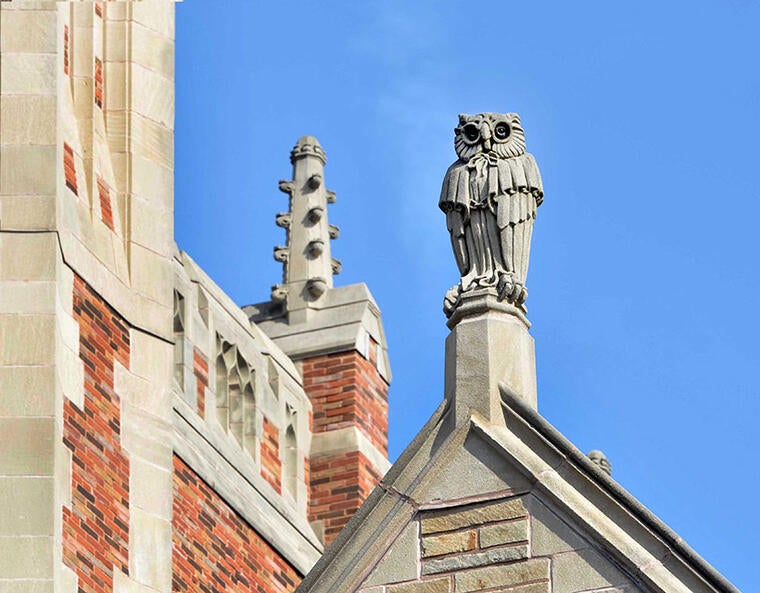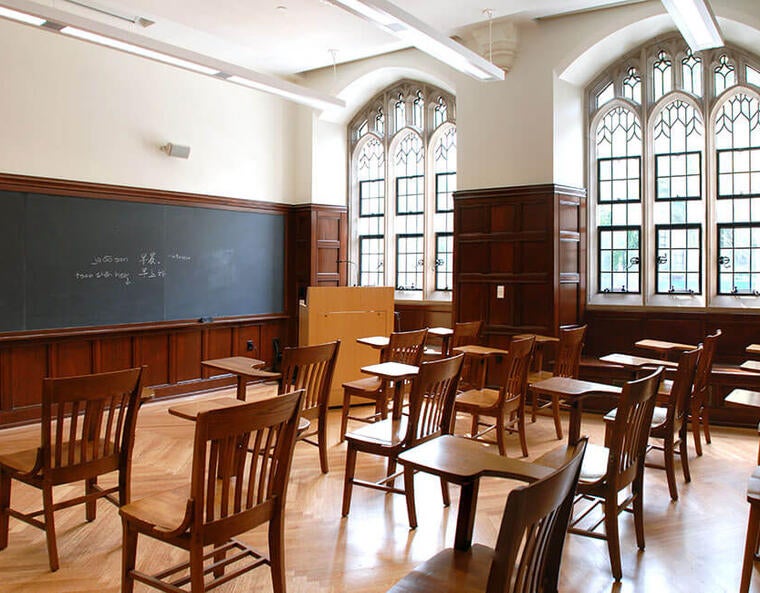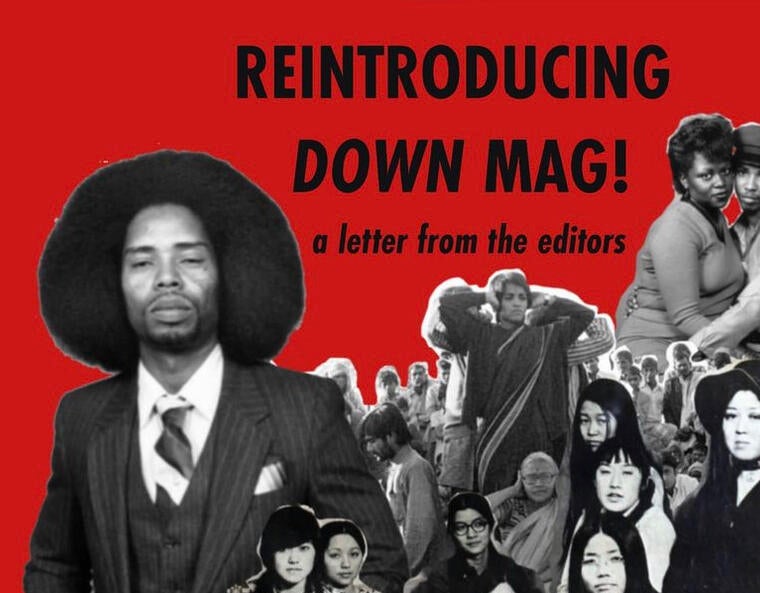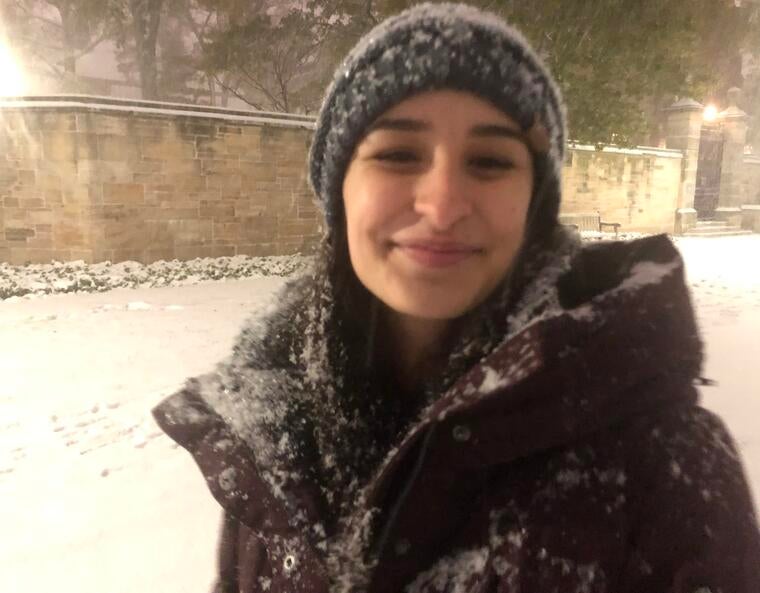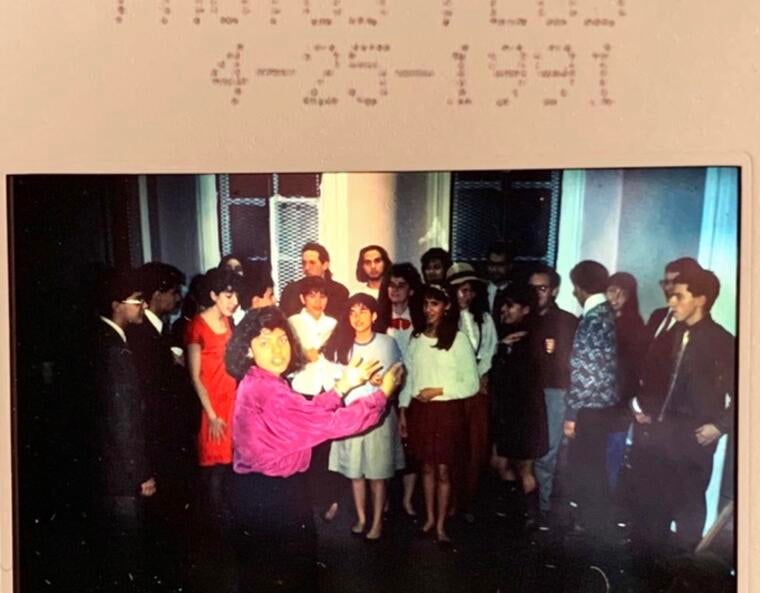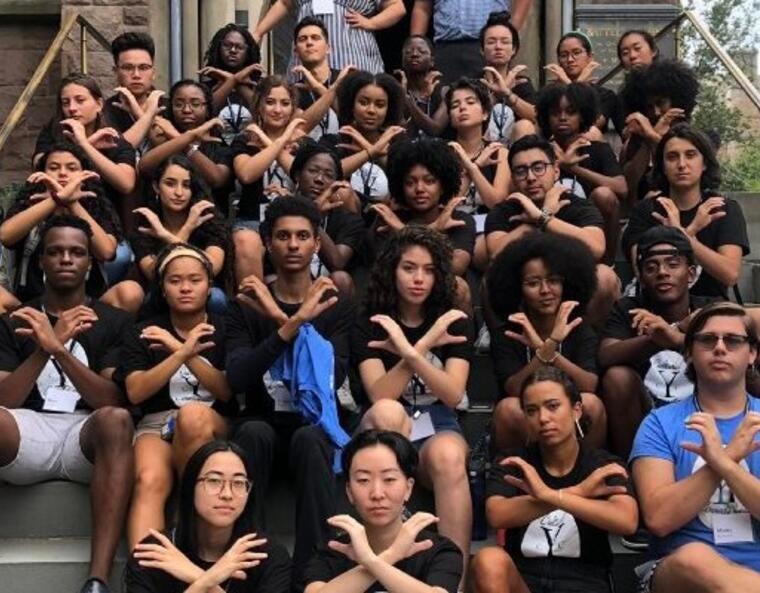
When I got to campus my first-year, I was so ready to participate in Cultural Connections, one of Yale’s five pre-orientation programs, until a random sophomore introduced himself as my “CC Dad.” In CC, first-year students are organized into “families” headed by two “parents”—the upperclassmen counselors in charge of them for the week. At first, this set me off. I thought, who are you people? Will I really consider you my family by the end of this? Isn’t it a little bit weird to be calling some kids I just met my siblings and some upperclassmen my parents? Now that I’ve been a CC Mom myself, I understand why we organize ourselves in this way; by assigning students into families the moment they step on campus, we provide them with a built-in kinship network in a place where they would otherwise miss their own.
Originally named the Puerto Rican Orientation Program in the 1970s, Cultural Connections is a program designed to introduce students to Yale’s cultural resources. The purpose is to ease the transition to college for students from traditionally underrepresented backgrounds and students of color through programming such as panels with faculty who study Ethnicity, Race, and Migration, Poetry Jams, the CC Olympics, and conversations with older students of color pertaining to issues of racial identity. There are two truths that CC tries to share with all the students that come through the program: one, there is no right way to be a student of color at Yale, and two, you are worthy and capable of being here no matter who you are.
A core part of how we do this is the journey map. Throughout the week, everyone in the CC family is invited to share their journey in getting to Yale. It’s more than just regurgitating facts about yourself—the journey map is an opportunity to reflect on your personal and educational journey so far, be vulnerable with your peers, and set your intentions for your first-year and beyond. During my program, I was inspired by my CC dads and siblings’ journey maps because I heard in each of them different forms of courage and resilience that students of color bring to Yale. Throughout the journey maps that our family offered each other, we exchanged hugs, laughs, and even some tears. More importantly, connections were formed through this act of sharing ourselves with each other that endured long after the end of the program.
The following year, I signed up to be a CC parent. I was paired with one of my original CC sisters, who then became my CC wife (yeah, the kinship networks get a little convoluted through the years). We were given a beautiful group of first-year CC babies, some of who now have CC partners and children of their own. Even though I am only a senior in college, I have children and grandchildren now. Even though I haven’t met all of them yet, I still consider them a part of my family.
